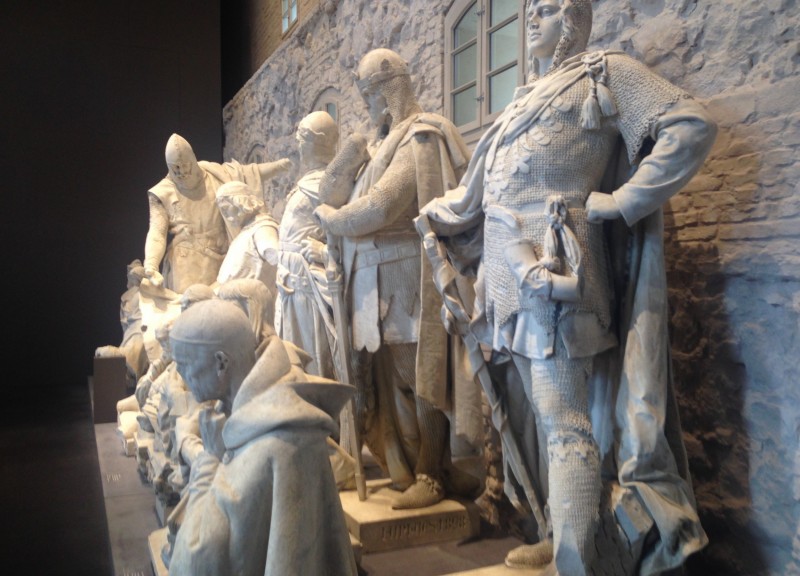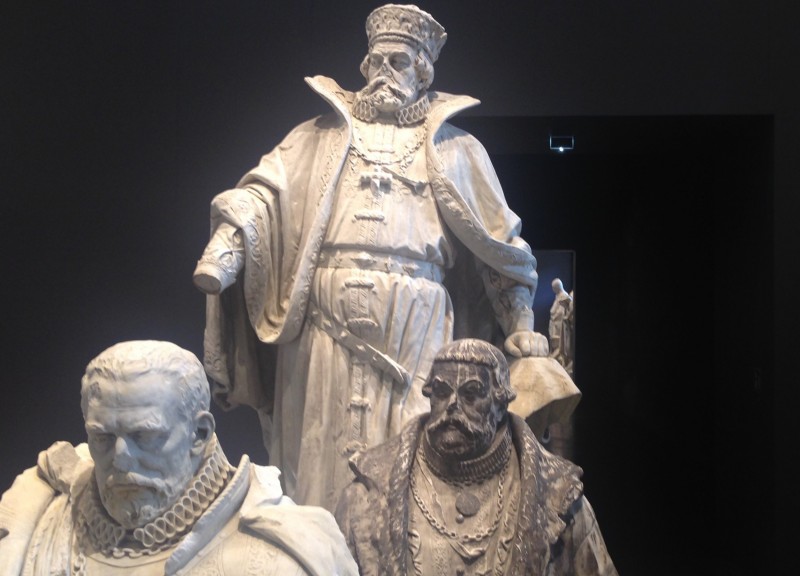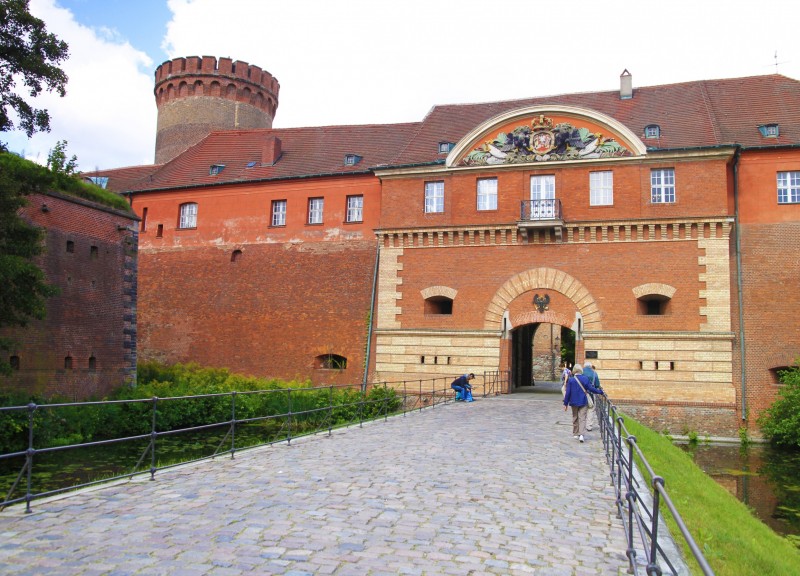In winter, the citadel becomes home to over 10,000 hibernating bats.
In the display area you’ll not only find information about the animals, but can also see real South American bats.



The Spandau Citadel is one of the best-preserved Renaissance fortresses in Europe. It is the landmark of the borough and hosts exhibitions and other events.
Entry fee for all museums, exhibitions and Julius tower
Opening hours
In winter, the citadel becomes home to over 10,000 hibernating bats.
In the display area you’ll not only find information about the animals, but can also see real South American bats.
All the information about exhibitions at the Centre for Contemporary Art can be found on the Citadel’s website.
You can find out how Spandau became what it is today in the arsenal of the Citadel, where than 300 exhibits illustrate past times.
The works of art exhibited at the Citadel are mainly from what is known as the “lost generation” and the 1920s. For some of the works, it is the first time they have been shown to the general public.
The Kulturhaus Spandau organises a wide range of concerts, theatre, musicals and shows here. The open-air season runs from May to September.
To get to the open-air stage, turn right before the main entrance to the Citadel.
All the information about special exhibitions can be found on the Citadel’s website.
Unique insights into past times can be had at the two excavation sites open to the public in the western curtain wall of the Citadel.
There are relics from the Slavic period and Jewish gravestones from the Middle Ages.
At this cultural and historical exhibition you can admire political monuments that once shaped the cityscape of Berlin. If you’ve ever wondered what happened to the head of the gigantic statue of Lenin that once stood at Platz der Vereinten Nationen, this is where you’ll find it.
Children and young people can let their creativity loose in the Kronprinz bastion. Their works are also exhibited here and are free for all to view.